Rose Midge Fly....question on control?
Thorntorn
11 years ago
Related Stories

GREEN BUILDINGConsidering Concrete Floors? 3 Green-Minded Questions to Ask
Learn what’s in your concrete and about sustainability to make a healthy choice for your home and the earth
Full Story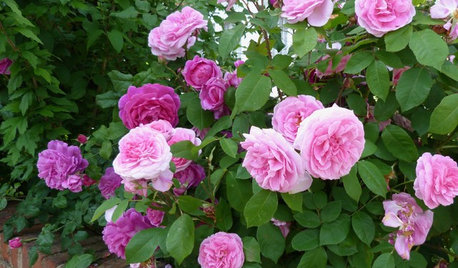
GARDENING GUIDESWhat Kind of Roses Should You Grow?
Want to add the beauty of roses to your garden? Find out which ones, from old-fashioned to modern, are right for you
Full Story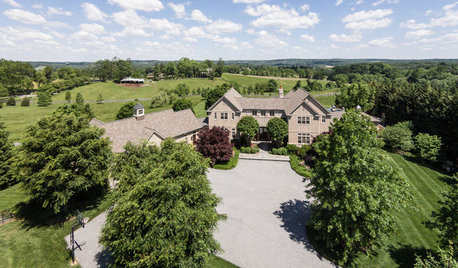
HOME TECHThe Inevitable Future of Drones Around Your Home
As Google joins the push for airborne deliveries, it seems only a matter of time before neighborhoods are buzzing with drones. Is that OK?
Full Story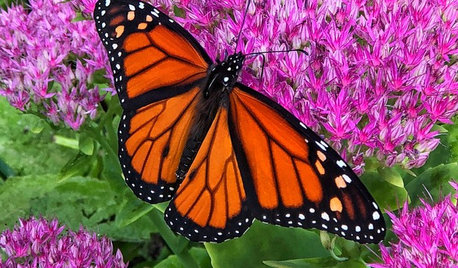
GARDENING GUIDES6 Steps to Creating Your Butterfly Garden
Encourage these fanciful winged beauties to visit your garden while helping restore their fragmented habitat
Full Story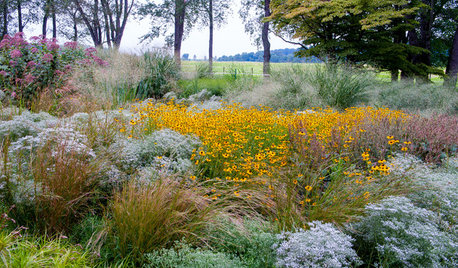
GARDENING GUIDESThe Surprising Ingredients Every Good Garden Should Have
See what to do — and not do — for lasting rewards in your landscape
Full Story
DECORATING GUIDESIs an Online Decorator Right for You?
For a professional look at a lower price and from the convenience of home, e-decorating may be the perfect solution
Full Story
ARCHITECTUREDo These Surprising Contemporary Exteriors Hint at the Future?
Unconventional homes may someday be commonplace, thanks to more building choices than ever before
Full Story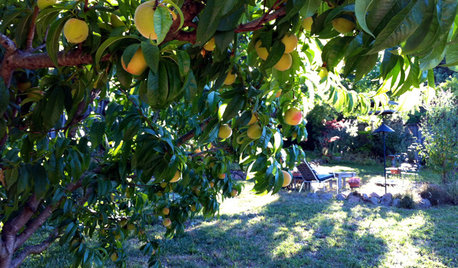
EDIBLE GARDENSHow to Grow Your Own Peaches and Nectarines
Make gardening a little sweeter with these juicy fruits, which you can eat after plucking or preserve for later
Full Story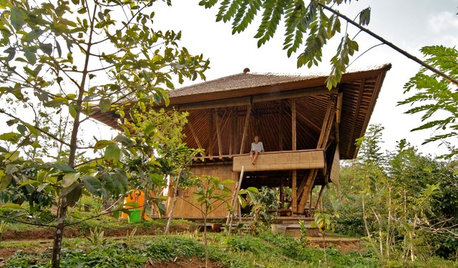
MOST POPULARMy Houzz: Open-Air Living in the Mountains of Bali
Community, jaw-dropping beauty and sustainability come together in a tropical paradise for a London expat
Full Story
EDIBLE GARDENSGarden BFFs? Why Your Vegetables Are Begging for Companion Plants
Foster friendships among plants for protection from pests, pollination support and color camaraderie
Full Story







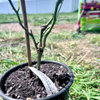
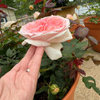
dan_keil_cr Keil
harryshoe zone6 eastern Pennsylvania
Related Professionals
Ashland Landscape Architects & Landscape Designers · Manorville Landscape Architects & Landscape Designers · Saint Louis Park Landscape Architects & Landscape Designers · Essex Landscape Contractors · Fairview Landscape Contractors · Fort Payne Landscape Contractors · Holtsville Landscape Contractors · La Mirada Landscape Contractors · Las Vegas Landscape Contractors · North Plainfield Landscape Contractors · Santa Ana Landscape Contractors · Vallejo Landscape Contractors · Wells Landscape Contractors · Weymouth Landscape Contractors · Eastlake Landscape Contractorsmarcindy
ThorntornOriginal Author
harryshoe zone6 eastern Pennsylvania
marcindy